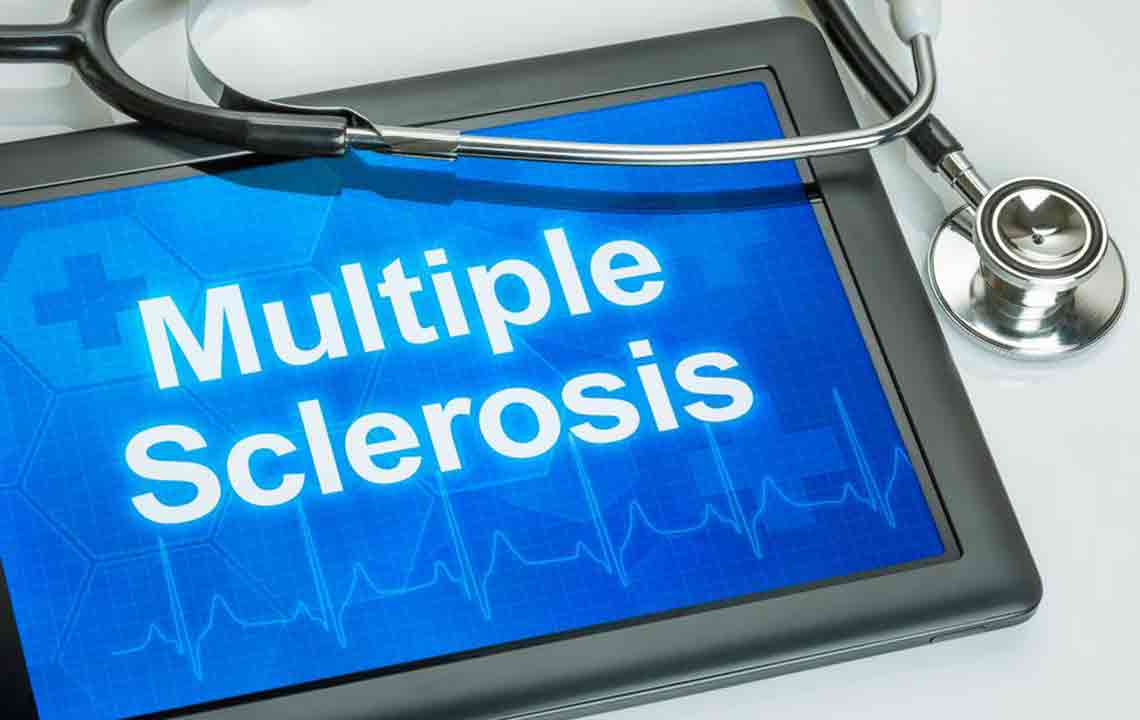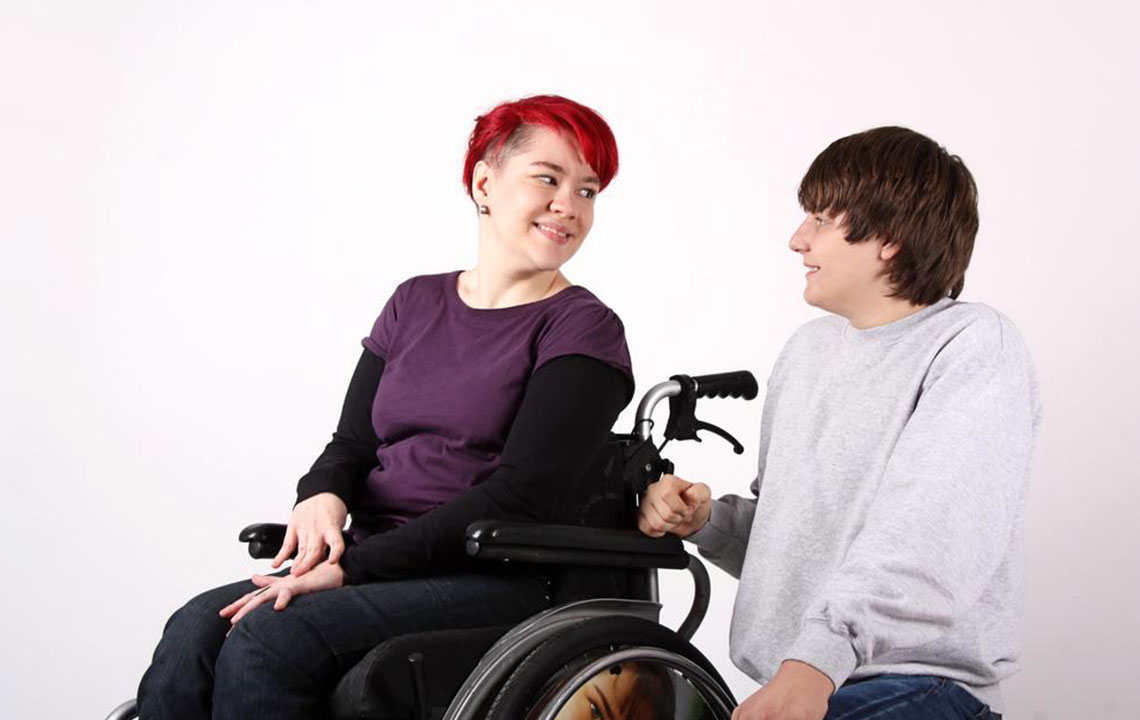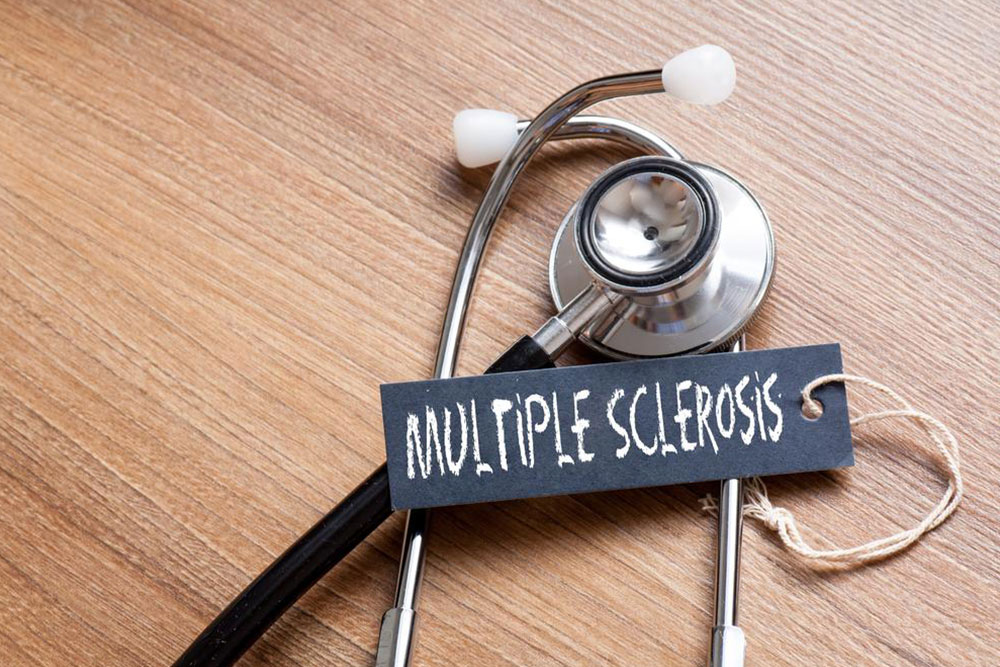Comprehensive Approaches to Multiple Sclerosis Management
This article explores holistic management strategies for multiple sclerosis, including medication options, lifestyle modifications, and supportive therapies. It emphasizes a multifaceted approach to alleviate symptoms like tremors, spasms, pain, and cognitive issues, aiming to enhance patients' quality of life. The importance of social support and professional guidance is highlighted to help patients navigate the challenges of MS and maintain independence.

Comprehensive Approaches to Multiple Sclerosis Management
Multiple sclerosis impacts various facets of a patient's life, often leading to a decline in quality of life. Its complications involve multiple organ systems, requiring a multifaceted management approach.
Common MS Complications:
Persistent tremors and depression
Muscle spasms and heat intolerance
Chronic pain and sexual dysfunction
Bladder issues and fatigue
Urinary infections and cognitive challenges
Constipation and fecal incontinence
This article highlights both medication-based and alternative strategies for managing these symptoms.
Managing tremors: Tremors are frequent among MS patients. Treatment includes devices like hand weights, deep brain stimulation, or thalamic surgery. Medications such as anticonvulsants like Clonazepam, Mysoline, Ondansetron, and Propranolol can be effective.
Alleviating muscle spasms: Regular stretching, exercise, physiotherapy, and occupational therapy benefit patients. Spasticity can be reduced with drugs like Diazepam (Valium), Baclofen, Dantrolene, and Tizanidine.
Pain control: Prolonged pain is common, managed with anticonvulsants, antidepressants, and anti-arrhythmic drugs like gabapentin, phenytoin, and carbamazepine. Potassium channel blockers such as 4-aminopyridines help address weakness.
Addressing bladder issues: Management strategies include limiting evening fluid intake, regular voiding, and pelvic exercises. Medications like oxybutynin and propantheline bromide, along with cranberry or orange juice to reduce bacterial growth, are helpful. In some cases, catheters and antibiotics are necessary.
Managing constipation and incontinence: Increasing fiber and fluids, stool softeners, and laxatives alleviate constipation. To reduce fecal incontinence, dietary fiber intake may be adjusted.
Dealing with depression: Given the emotional toll of MS, counseling, psychiatrist consultations, group therapy, and support groups are recommended. Medications such as Fluoxetine, Sertraline, and Amitriptyline can assist.
Controlling heat sensitivity: Avoiding heat, using cooling devices, and maintaining a cool environment help mitigate symptoms caused by nerve dysfunction and inflammation.
Treating sexual dysfunction: Use of lubricants, sexual aids, and medications like sildenafil (Viagra) can improve intimacy issues resulting from nerve or psychological impacts.
Combating fatigue: Support at home and stimulant medications like methylphenidate can help manage fatigue and improve daily functioning.
Cognitive challenges: Memory lapses and focus issues are common. Medications such as Donepezil that enhance neurotransmitter activity may provide relief.
Many MS patients face permanent disabilities such as paralysis or vision loss, affecting independence and livelihood. Support from occupational and psychological therapists is crucial for maximizing remaining function and improving quality of life.










